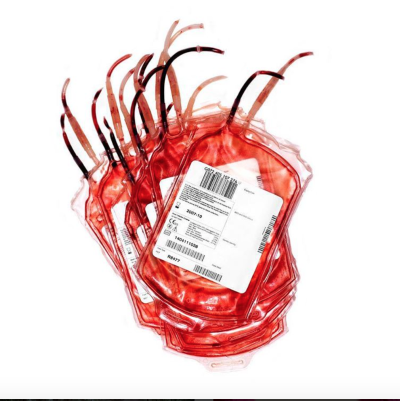
Bleeding Disorder Awareness Month takes place in March of each year. This important day recognizes bleeding disorders such as hemophilia and von Willebrand’s Disease. The color red awareness ribbon red typically represents bleeding disorder awareness.
What are Bleeding Disorders?
The bleeding disorder community includes more than three million Americans who have hemophilia, von Willebrand disease, and other rare bleeding disorders. These are called rare factor deficiencies. All of these conditions prevent the blood from clotting the way it should. This, therefore, can lead to prolonged bleeding after injury, surgery, or physical trauma. Bleeding disorders can even be deadly if not treated correctly.
Learn About Bleeding Disorders During Bleeding Disorder Awareness Month
Typically, if you get hurt, your body forms a blood clot to stop the bleeding. For blood to clot, your body needs cells called platelets. It also needs proteins known as clotting factors. If you have a bleeding disorder, you either do not have enough platelets or clotting factors. Or they don’t work the way they should. Not knowing that your blood lacks either platelets or proteins can be dangerous. Do not take bleeding disorders lightly. Should bleeding not stop as you would expect, a hematologist may be able to help you discover the reason for it.
Types of Bleeding Disorders
There are numerous bleeding disorders, but the following are the most common ones:
- Hemophilia A and B are conditions that occur when there are low levels of clotting factors in your blood. Hemophilia may cause heavy or unusual bleeding into the joints. Though hemophilia is rare, it can have life-threatening complications.
- Factor II, V, VII, X, or XII deficiencies are bleeding disorders related to blood clotting problems or abnormal bleeding problems.
- von Willebrand’s disease is the most common inherited bleeding disorder. It develops when the blood lacks von Willebrand factor, which helps the blood to clot.
Another blood clotting disorder (not a bleeding disorder) is called Factor V Leiden. Factor V Leiden is an inherited blood-clotting disorder due to a mutation of the blood’s factor V protein. Factor V Leiden increases the chance of clumps of blood (clots) developing. This can be life-threatening. Women with the disorder risk developing blood clots during pregnancy or when taking the hormone estrogen. Most people never develop symptoms. However, the first indication of the disorder may be the development of a blood clot (thrombosis). Treatment may include blood-thinning medications.
(Image: fineartamerica.com)
#blood #bleeding #disorder #bleedingdisorders #vonwillebrand #factors #hemophilia #giveblood #donate #life #savealife #blooddonor #bloodtype #vampire #personalizedcause #genetics #geneticdisorder #runsinthefamily #dangerous #rare #raredisease
